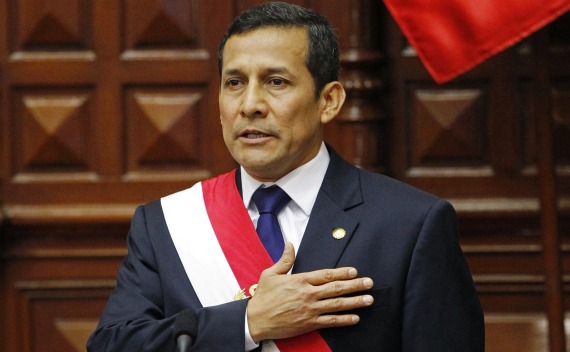Reads of the Week: a New Peruvian President, a New U.S. Security Directive, and Some Old Lessons from Colombia
More on:

As President Ollanta Humala assumes office today, it looks as if he has chosen to emulate Lula rather than Chávez. His cabinet is full of moderates, and some even see it as leaning center-right. While growth is expected to continue at about 6 percent, the new administration will face many challenges, in particular security and the increasing presence of transnational crime, as well as high levels of inequality.
This week the Obama administration released a new directive on combating transnational organized crime (TOC). Among its 56 “priority actions” are new and deepened efforts to stop the money laundering and flows supporting these crime networks. New tools include barring TOC members entry into the U.S., freezing assets and other financial sanctions. The document also expands the role of the Justice Department and FBI in investigating transnational crime more generally. Still, many of the nearly five dozen items seem little more than aspirations– such as the commitment to “stop the illicit flow from the United States of weapons.” But generally, this revamped strategy and more focused game plan is welcome.
Finally William Rempel’s new book, At the Devil’s Table, showcases the role one individual can play in the fight against drug cartels. This gripping read chronicles the life of Jorge Salcedo, a Colombian engineer that rose to be head of security for Miguel Rodriguez Orejuela, a godfather of the Cali cartel during its heyday. The tale tells the true story of Salcedo’s introduction to crime, his rise within one of the most powerful drug cartels in the world, and the actions he ultimately took to help bring it down. It shows the power of one courageous individual, but also the challenges of going it alone in the belly of the criminal underworld. While the Cali cartel is now gone, others have willingly taken its place, and Colombian coca and cocaine continue unimpeded.
More on:
 Online Store
Online Store